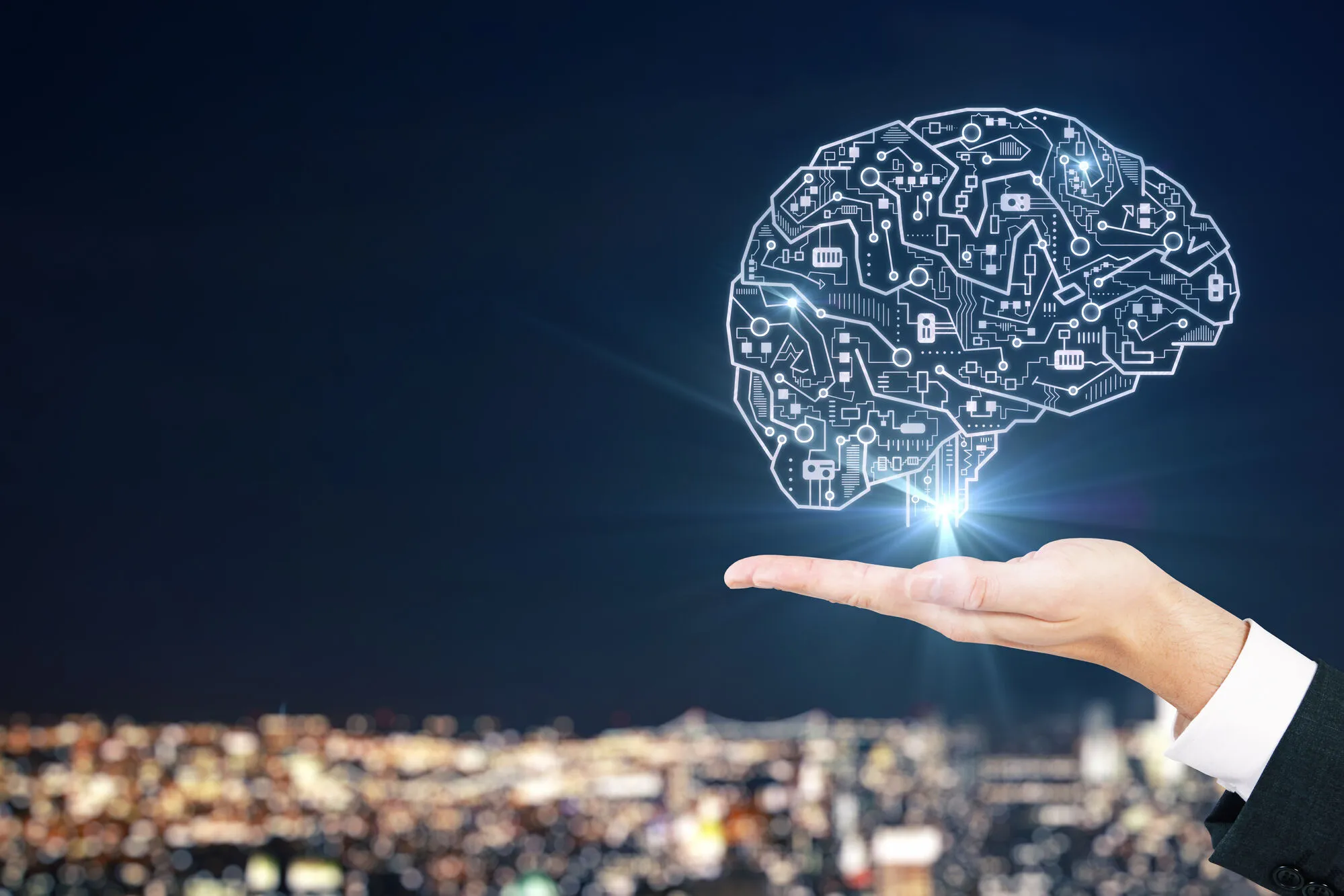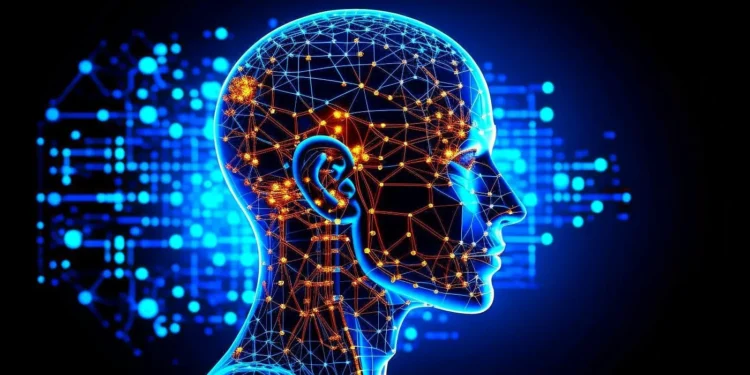In an era where artificial intelligence (AI) has permeated almost every aspect of our professional lives, a recent study conducted by researchers from Microsoft and Carnegie Mellon University delves into the potential cognitive repercussions of relying heavily on generative AI tools at work. The research, which surveyed 319 individuals who use AI technologies like ChatGPT weekly, sheds light on how these tools might be impacting our critical thinking abilities.

Understanding the Cognitive Trade-offs
The study presents a nuanced view of how workplace reliance on AI affects our cognitive skills. As the research paper articulates, “Used improperly, technologies can and do result in the deterioration of cognitive faculties that ought to be preserved.” This statement underscores the potential dangers of depending too heavily on AI for problem-solving and decision-making tasks.
Participants in the study reported using AI for a variety of tasks, ranging from composing routine emails to conducting research and generating reports. However, the crux of the issue arises in how these tools are utilized. The research suggests that when employees lean on AI to handle these tasks, they often shift their focus towards merely verifying the AI-generated output rather than engaging in the deeper, more analytical thought processes necessary for creating, evaluating, and analyzing information.

The Impact on Problem-Solving Skills
The implications of this shift are significant. The study highlights a concerning trend: if humans only step in to correct AI when it falls short, they miss out on routine opportunities to exercise and enhance their judgment and cognitive abilities. This lack of engagement can leave employees underprepared for situations where AI solutions are inadequate or unavailable.
One participant shared a poignant example, using ChatGPT to draft a performance review but double-checking its suggestions due to concerns about potential inaccuracies that could lead to disciplinary actions. Another participant mentioned the need to adjust AI-generated emails to respect cultural nuances in professional communications, highlighting the necessity for human oversight.

The Role of Confidence in AI Versus Self-Confidence
Interestingly, the study found a direct correlation between the level of confidence users have in AI and their reliance on their own critical thinking skills. Those who trusted AI more tended to engage less in critical thinking, while those who had greater confidence in their own abilities were more diligent in evaluating and critiquing AI outputs.

While the researchers stopped short of claiming that AI makes us dumber, the findings clearly indicate that overdependence on AI tools can diminish our ability to solve problems independently. This study serves as a critical reminder of the importance of maintaining a balance between utilizing technological aids and fostering our inherent cognitive capabilities.

In light of these insights, professionals are encouraged to use AI as a support tool rather than a replacement for human intellect, ensuring that they continue to develop and refine their critical thinking and problem-solving skills in the digital age. As we navigate this evolving landscape, it becomes essential to be aware of both the capabilities and the limitations of AI technologies, using them to complement rather than compromise our cognitive functions.










